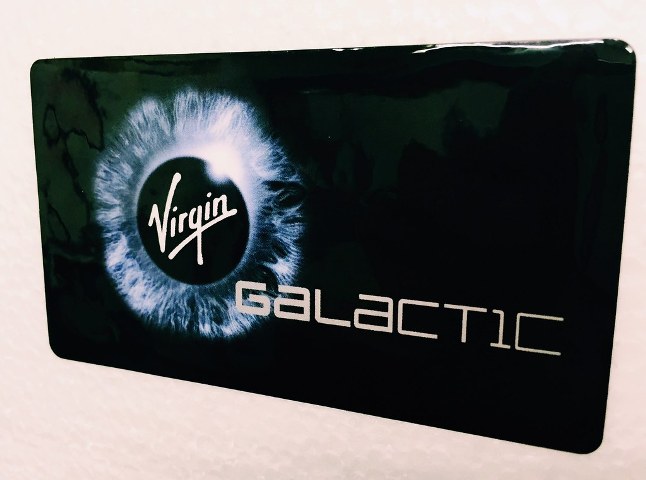Science News Roundup: Virgin Galactic launches tourists to edge of space; A frigid apocalypse doomed early humans in Europe and more
The rocket-powered VSS Unity craft dropped from the carrier plane over New Mexico around 9:20 a.m. local time and blasted its four passengers, a company instructor and three tourists, to an altitude of roughly 55 miles (88.51 km). Russia to launch lunar spacecraft in race to find water on moon Russia made its final preparations on Thursday for the launch of its first lunar landing spacecraft in 47 years as it races to be the first power to make a soft landing on the south pole of the moon which may hold significant deposits of water ice.

Following is a summary of current science news briefs.
Singapore Exchange revises IPO rules for life science firms
Singapore Exchange Ltd (SGX) is amending its initial public offering (IPO) rules to clarify that life science companies seeking to list on its mainboard exchange do not need to be revenue-generating. The revision was based on a publication of a Listings Advisory Committee's decision on SGX's life sciences listing framework on Thursday.
The climate-friendly cows bred to belch less methane
When Canadian dairy farmer Ben Loewith's calves are born next spring, they will be among the first in the world to be bred with a specific environmental goal: burping less methane. Loewith, a third-generation farmer in Lynden, Ontario, in June started artificially inseminating 107 cows and heifers with the first-to-market bull semen with a low-methane genetic trait.
No quick fix to reverse Antarctic sea ice loss as warming intensifies - scientists
Sea ice in the Antarctic region has fallen to a record low this year as a result of rising global temperatures and there is no quick fix to reverse the damage done, scientists said on Tuesday in a new study of the impact of climate change on the continent. The continent's minimum summer ice cover, which last year dipped below 2 million square kilometres (772,000 square miles) for the first time since satellite monitoring began in 1978, fell further to a new low in February, according to a study published in the journal Frontiers in Environmental Science.
A frigid apocalypse doomed early humans in Europe
Long before our species Homo sapiens trekked out of Africa, earlier human species also spread to other parts of the world. That dispersal, however, sometimes encountered grave hardships. Scientists on Thursday described evidence of a massive North Atlantic cooling event about 1.1 million years ago that lasted roughly 4,000 years and appears to have wiped out the entire population of archaic humans who had colonized Europe.
Virgin Galactic launches tourists to edge of space
Virgin Galactic on Thursday blasted three tourists to the edge of space aboard its air-launched VSS Unity spaceplane, a live stream showed, the Richard Branson-founded company's second commercial mission as it starts routine flights. The rocket-powered VSS Unity craft dropped from the carrier plane over New Mexico around 9:20 a.m. local time and blasted its four passengers, a company instructor and three tourists, to an altitude of roughly 55 miles (88.51 km).
Russia to launch lunar spacecraft in race to find water on moon
Russia made its final preparations on Thursday for the launch of its first lunar landing spacecraft in 47 years as it races to be the first power to make a soft landing on the south pole of the moon which may hold significant deposits of water ice. For centuries, astronomers have wondered about water on the moon, which is 100 times drier than the Sahara. NASA maps in 2018 showed water ice in the shadowed parts of the moon and in 2020 NASA confirmed water exists on the sunlight areas.
The odd behavior of a subatomic particle may shake up physics
The peculiar wobble of a subatomic particle called a muon in a U.S. laboratory experiment is making scientists increasingly suspect they are missing something in their understanding of physics - perhaps some unknown particle or force. Researchers on Thursday announced new findings about the muon (pronounced MEW-on), a magnetic and negatively charged particle similar to its cousin the electron but 200 times more massive, in their experiment at the U.S. Energy Department's Fermi National Accelerator Laboratory in Batavia, Illinois.
(With inputs from agencies.)










